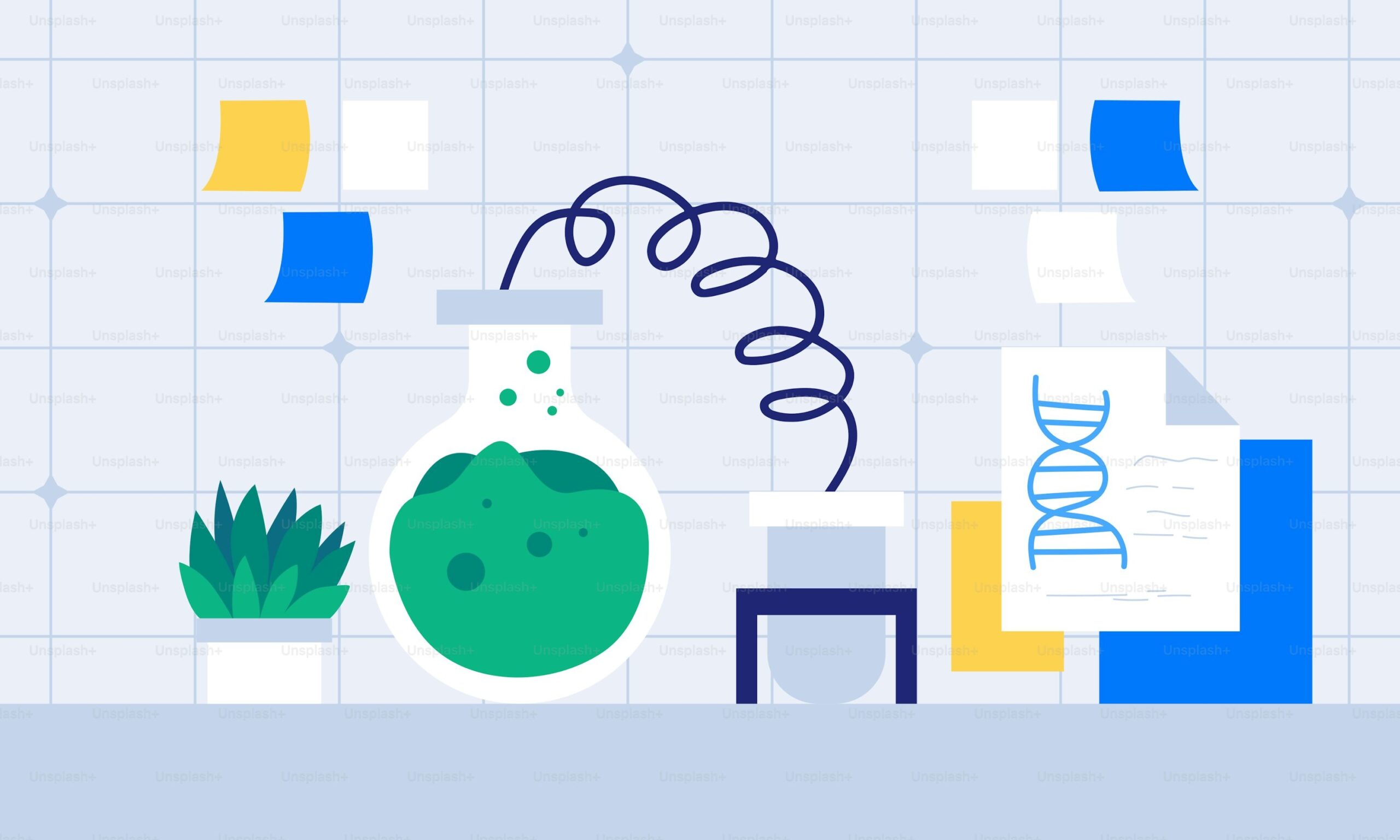In the digital age, learning has never been more accessible. From coding to communication, thousands of high-quality courses are available online for free. But with endless options, many learners struggle to stay consistent.
This article will guide you step-by-step to build a sustainable daily learning routine using free online resources that actually work.
1. Define Your Learning Goal
Before jumping into courses, define why you want to learn.
Examples:
- “I want to learn Excel to manage business finances.”
- “I want to start coding for freelance projects.”
Having a clear goal prevents distraction and helps track progress.
2. Pick the Right Platform
There are hundreds of learning platforms, but these are the best for free education:
| Platform | Focus | Free Features |
|---|---|---|
| Coursera | University Courses | Free audit access |
| edX | Global University Courses | Verified certificates (optional) |
| Khan Academy | School/Math/Science | 100% free |
| YouTube | Tutorials, Skills | Unlimited topics |
| SkillUp by Simplilearn | Job Skills | Free short-term courses |
Visit these sites and bookmark your favorite courses.
3. Schedule Fixed Learning Hours
Consistency beats intensity. Set aside 30–60 minutes daily for learning — ideally the same time each day.
Example Schedule:
- Morning (7–8 AM): Watch one lesson
- Afternoon (2 PM): Practice or take notes
- Evening (8 PM): Review progress or quiz
Use tools like Google Calendar or Notion to set reminders.
4. Learn Actively, Not Passively
Just watching videos won’t help. Practice by doing:
- Take notes
- Try projects or exercises
- Teach what you learn to someone else
Pro Tip: After finishing a course module, summarize it in 5 bullet points — it improves memory retention by 50%.
5. Mix Learning with Real-Life Practice
Combine theory with real-world application:
- Learned Excel? Track your monthly expenses.
- Studied SEO? Optimize a blog post.
- Watched a design tutorial? Create a poster for your social page.
This makes learning exciting and meaningful.
6. Take Weekly Reviews
Every Sunday, review your progress:
- What did you learn this week?
- Did you stick to your schedule?
- What needs improvement?
Use a simple tracker or app like Habitica or Notion for motivation.
7. Join Online Communities
Learning alone can be boring — communities make it social and motivating.
Join:
- Reddit forums like r/learnprogramming
- Discord learning groups
- LinkedIn skill-based networks
You’ll gain feedback, share resources, and stay consistent.
8. Use Free Certifications to Boost Your Resume
Many platforms offer free verified certificates that add value to your resume.
| Platform | Free Certificate Courses |
|---|---|
| Google Digital Garage | Digital Marketing |
| Coursera (Financial Aid) | Data Science, AI |
| IBM SkillsBuild | Tech & Cybersecurity |
| Microsoft Learn | Excel, Azure, AI |
Upload these certificates to LinkedIn or your portfolio for visibility.
9. Avoid Learning Burnout
Don’t try to learn everything at once.
Take short breaks, vary topics, and celebrate milestones.
Simple Tips:
- Use the Pomodoro technique (25 min focus, 5 min rest).
- Alternate between video lessons and hands-on tasks.
- Track your growth monthly.
10. Stay Updated with New Skills
Industries change fast. Follow newsletters like:
- Google Skillshop
- Coursera Blog
- Netty.in (for free course updates 😉)
Stay informed to keep your skillset relevant.
Frequently Asked Questions (FAQ)
Q1: How long should I study each day?
30–60 minutes daily is enough if you stay consistent.
Q2: Are free courses worth it?
Yes. Many free courses are created by top universities and companies.
Q3: Can I learn multiple subjects together?
Yes, but focus on one skill until you reach an intermediate level.
Q4: Do employers value free certificates?
Absolutely — they show initiative and self-learning attitude.
Q5: What’s the best app to track my learning?
Notion, Trello, and Google Calendar are simple and effective.
Conclusion
Building a daily learning routine doesn’t require money — just discipline and focus. With free online platforms and consistent effort, you can upgrade your skills, enhance employability, and grow personally every single day. Start small, stay consistent, and never stop learning.




